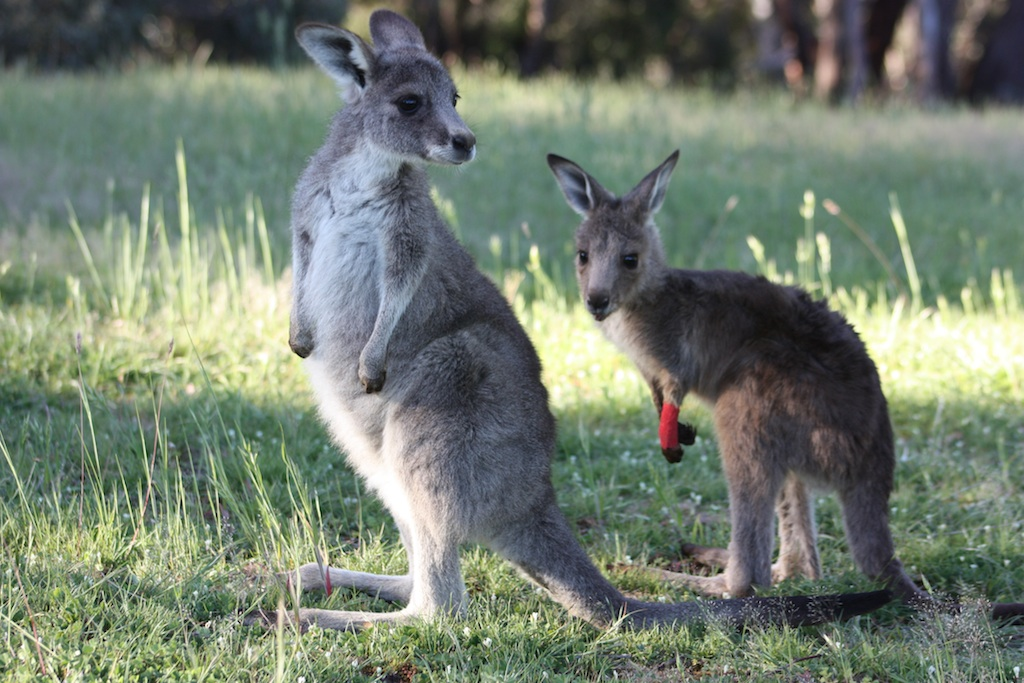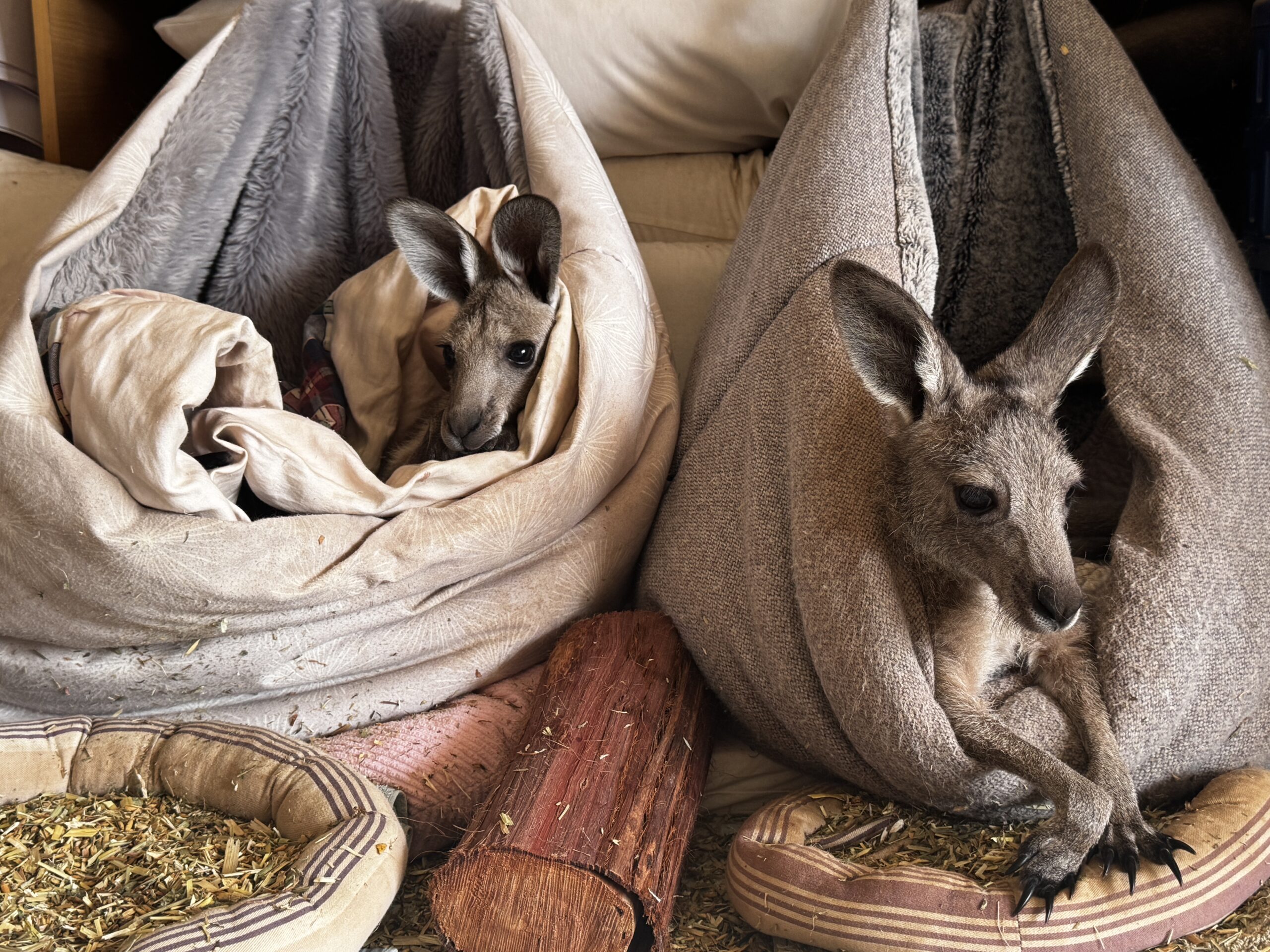Data on NSW licencing reveal the extent of Government-sanctioned destruction of native animals in the state | Conservation groups and wildlife carers to provide evidence of the extent of cruelty at inquiry into licensed killing SYDNEY (5 February, 2026)—Humane World for Animals Australia (previously Humane Society International Australia) will...
That’s the message from the parent company of more than two dozen popular clothing brands, including The North Face, Vans, Timberland, Wrangler, and Nautica, which today announced it will cleanse its supply chain and all of its garments of animal fur, angora, and exotic leather. VF Corporation has partnered with The HSUS and Humane Society International to release its first animal welfare policy, which not only bans some of the cruelest materials used in the apparel supply chain, but makes clear that animal-friendly alternatives are the future of fashion.
Letitia Webster, VF’s Vice President of Global Corporate Sustainability said: “As we continue to promote the development of viable commercial substitutes to animal materials, this policy will help to ensure that the materials we use today are procured from sources that prioritize animal welfare and responsible business practices.”
VF has also banned down feathers from force-fed, live-plucked geese and wool from sheep who are subjected to the particularly cruel practice of “mulesing,” a procedure in which farmers pull strips of wool-bearing skin off sheep without painkillers.

With clothing producers like VF going fur-free and expanding their policy to other animal products, there is reason to hope for millions of animals caught up in this cruel industry. Image: VShine
There has been a trend within the fashion industry in recent years of switching to humane alternatives. Last year, Armani announced it would go fur-free. Brands and designers like Hugo Boss, Calvin Klein, Tommy Hilfiger, Stella McCartney, and Ralph Lauren have also disassociated themselves from animal cruelty and switched to cruelty-free alternatives that are indistinguishable from the real thing. The HSUS and HSI continue to talk with companies to point them toward the humane economy, and today’s announcement is one of the most important.
VF itself had been taking steps toward switching to humane products in recent years. In 2015, Napapijri, a European premium casualwear brand owned by VF, released THERMO-FIBRE, an alternative to down feathers. This new material is lighter than down and maintains just as good insulation, leading the brand to make the decision to now go 100 percent down-free.
Consumers today, including some of the world’s leading trendsetters, are also increasingly demanding humane products. Just last week, news reports quoted a spokeswoman for Melania Trump clarifying that the first lady no longer wears fur. Mrs. Trump joins the ranks of other recent first ladies, including Michelle Obama, Laura Bush, and Hillary Clinton, who have shunned fur.
With clothing producers like VF going fur-free and expanding their policy to other animal products, there is reason to hope for millions of animals caught up in an industry that literally takes the skin off their backs.
*The commitment by VF is global and these brands will also be free from fur, angora and exotic skins in Australia.


